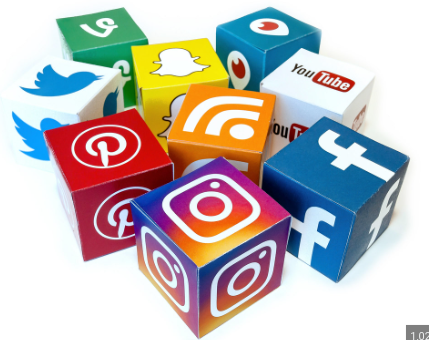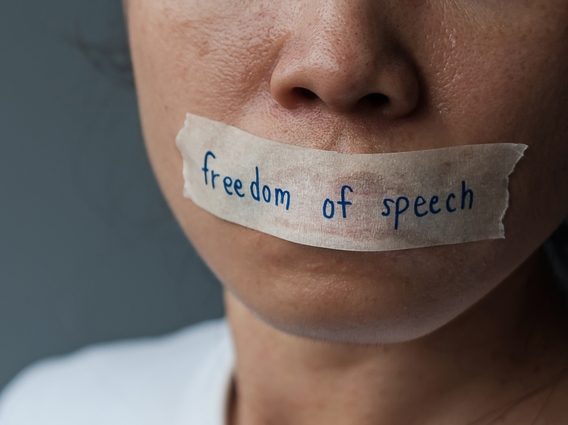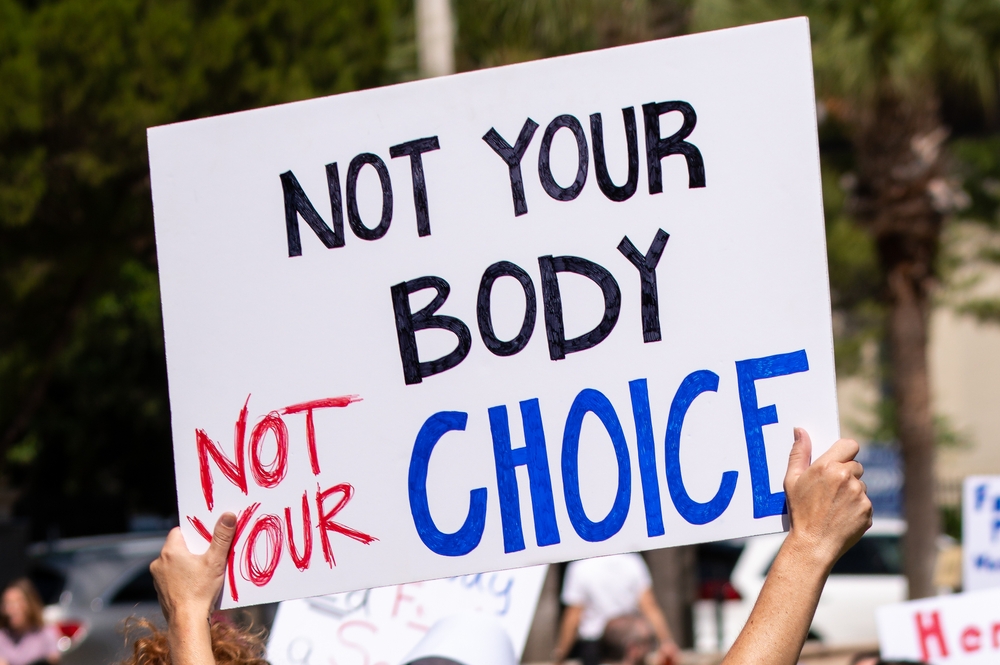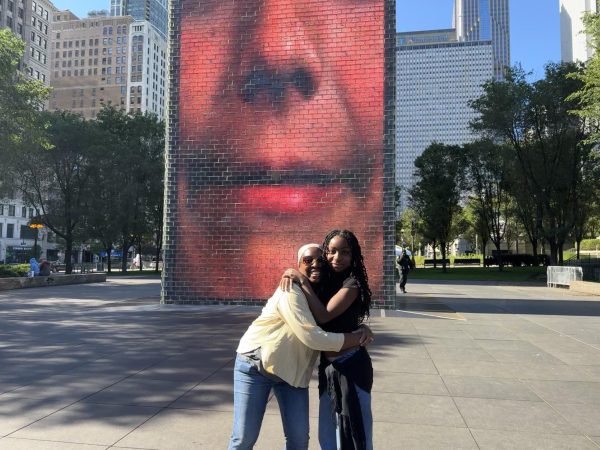I know that I am not the first person to consider how (and why) social media is destroying our society, and I know won’t be the last. I’d like to add my two cents anyway.
Mounting research and internationally conducted studies continue to suggest that social media’s societal prevalence is stronger and more widespread than ever before. 61% of the global population, nearly 5 billion people, have at least one social media account, and over 94% of internet users use social media at some point during their day.
Perhaps more alarming is the fact that, worldwide, a whopping 80% of teenagers, ages 13 to 17, use social media daily. 90% of those teens are on social media for over four hours a day. (Comparatively, the daily average for all people with social media accounts is two hours and twenty-five minutes.)
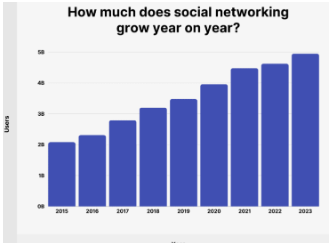
https://backlinko.com/social-media-users
There has been a steady annual increase in social media usage and networking in the past decade- and as international proliferation of broadband wifi, smartphones and internet access surge, increases show no signs of halting.
Social media’s influence on current generations is inevitable. Yet, it is more important than ever to consider and explore the psychology and social phenomena behind what social media has done to individuals and their communities.
Of course, there are considerably positive effects of social media (none of which should be discounted). Some of these realities were desired effects of these platforms, such as the connection between Facebook and Instagram- and some were unforeseen, the rise of social-media based news outlets.
Jonathan Meyer, an 11th grade AP US History teacher at Montclair High School, considers social media valuable; it keeps social and political leaders in our societies honest and less able to manipulate and control public opinion and knowledge. “I do think that social media has allowed us to see things that politicians and leaders do not want us to see,” states Meyer. “I think that’s a good thing because it cuts through their veneer and [keeps them in the open].”
Many view social media as a means of staying connected and aware of what is going on in the world around them, despite lack of proximity from many global current events. An 11th grade student I spoke to discussed how social media has allowed her to increase her own awareness of the different kinds of lives people lead, and even gives her ideas as to what she might want to do with her future.
Despite these positives, a substantial percentage of people on social media are aware of its detrimental effects. 38% of adults view social media in a negative light- mainly because it causes distractions, enables bullying and harassment, proliferates fake news, and generally contorts users’ outlook on the world they live in, often leading to serious mental health issues.
The main victims of these implications? Children. Because the brains of pre-teens, teenagers, and even young adults have not finished fully developing (the human brain finishes full development in the mid-to-late twenties), younger individuals are more easily influenced by the content they see on social media. We have not yet acquired all the reasoning and thinking skills to discern the “good” from the “bad” online.
Yet, we have been raised on social media- literally. Generations Z and Alpha do not know a world without the internet and without digital entertainment and media. It is intuitive, in this sense, to understand why it seems that we are more reliant on social media apps than older generations- perhaps there is a familiarity and normalcy to it all that we fear letting go at any point.
There are worlds of ideas I could unpack, but for the sake of space I have briefly delved into two of the biggest issues that I find with the world of social media.
News
The creation and popularization of social media has significantly increased the spread of misinformation and “fake news” within communities and across global channels. The ability to reshare things across social media feeds has made it easier than ever to spread rumors – it quite literally takes the click of a button.
Alongside that ease comes a lack of motivation to fact-check information people see before they choose to believe (and share) it. “[It] has allowed people to take information and use it for their purposes, whether it is to create disinformation, misinformation… and it gets out there, people share it, they take it as law, they don’t have to do research [or] look into it further,” Meyer said. As for our student interviewee, she admitted it can be hard to tell reality from opinion or propaganda. However, she tries to do her own research before formulating her opinion on things.
With social media also being a hotspot for entertainment, real news is often replaced by sensationalized pegs- oversimplified info-videos and out-of-context statistics. Meyer points to this issue as a main reason for his decision to delete Twitter from his phone. “‘[I felt] Twitter was just kind of toxic for me. I felt like I couldn’t get a separation from news, information, entertainment that masked itself as news, that type of thing,” he said.
This feeling is completely normal- social media is designed that way. In order to keep users watching content and interacting with it, content creators often use sensationalized stories and entertaining or eye-catching clips alongside graphics to prevent viewers from scrolling on. Oftentimes, these strategies sacrifice detail, context, and truth in exchange for amusement.
Cognitive Development
A related idea is social media’s effect on the cognitive capacity of users, specifically children who, as we know, spend more time than anyone else active online. The design of social media that relies on flashy content and quickly appearing and disappearing videos and pictures means our brains are constantly trying to multitask, and we become less able to focus on one thing at a time in our day-to-day lives.
“The number one thing I’ve seen is just a lack of attention span,” Meyer says when speaking of his current observations of the high school students he teaches. “It’s not a criticism… it’s what we now know is an intended consequence of smartphones.” Meyer, who has been a high school teacher for 18 years, believes that social media and smartphone use have generally led to a decrease in focus and even interest in his students. Because access to information has become so much easier, students sometimes feel like they shouldn’t have to put in the effort to learn things or think critically about class content.
What can we do about it?
The ideas I have explored above are just a few of many reasons why social media can prove itself harmful to those who use it. So how can our society as a whole, and younger generations specifically, live in a world where social media exists, while also remaining healthy and in tune with their individual realities? Well, I don’t think there is a simple answer to that question. The sad reality is that many of the effects of social media are, at least to some extent, unavoidable.
But moderation can help. It is important to monitor and self-restrict time on social media, be mindful of reasons for using social media, and live in the moment. Spend time with loved ones, not just through a screen but in real life, too. Value quality time, and make it a priority. And most importantly, realize that life lived in the flesh is worlds more important than what can be captured with a camera.

